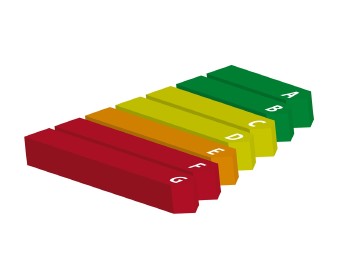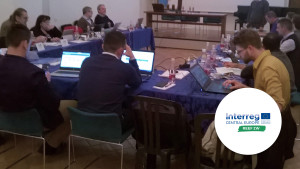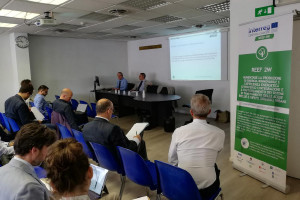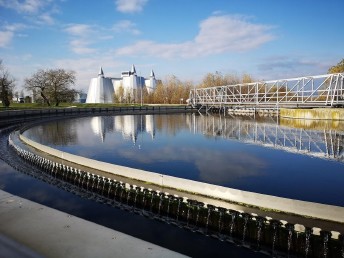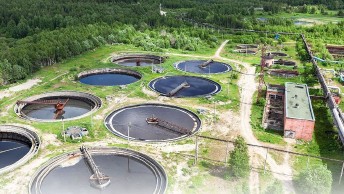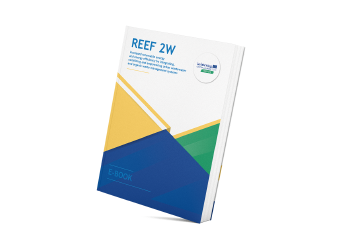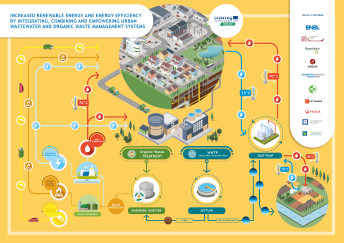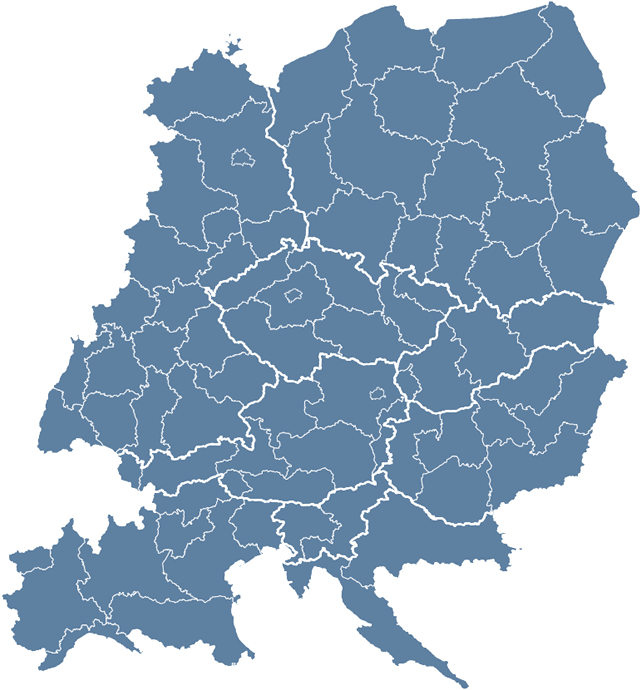Summary of Project Achievements
The project addressed the challenge of developing solutions to increase energy efficiency and renewable energy production in public infrastructure. This problem was solved by combining and integrating the relevant public infrastructure of the municipal solid waste chain with wastewater treatment plants (WWTP). It represented a key point for the establishment of low-carbon communities as well as the implementation of interventions to improve the efficiency of these energy consuming infrastructures. Tools and methodologies were tested through realisation of five pilot cases that offered practical examples of implementations providing relevant feedbacks on their applicability. Based on pilot cases, five regional strategies were drafted, and suitable Memorandum of Understanding were signed by project’s partners and relevant public authorities.
Project outputs provided the target groups with information, tools, methodologies, practical examples, training and assistance to address the efficiency of plants and offer better services to citizens.
Furthermore, the exchange of information and experiences, for instance in the analysis and comparison of legislative regulations and barriers, allowed the drafting of recommendations for policy makers. Last but not the least, the creation of a register of experts available to assist PA and the signature by project’s partners of an agreement assured the duration of impacts beyond the duration of the project.
Major achievements of REEF2W are the use / production of renewable energy in the specific sector, a software tools addressing all the main issues Public Administrators for improving energy efficiency in wastewater and municipal waste infrastructures.
Project Partners realized feasibility studies for pilot demonstration cases, a guide for public administrations with relevant information on the replicability of REEF 2W implementations ana an e-book titled “Sustainable REEF 2W implementation experiences and lessons learnt” whose specific aim was to give a contribution to their wider dissemination among public administrations, sector operators and all potentially interested parties.

